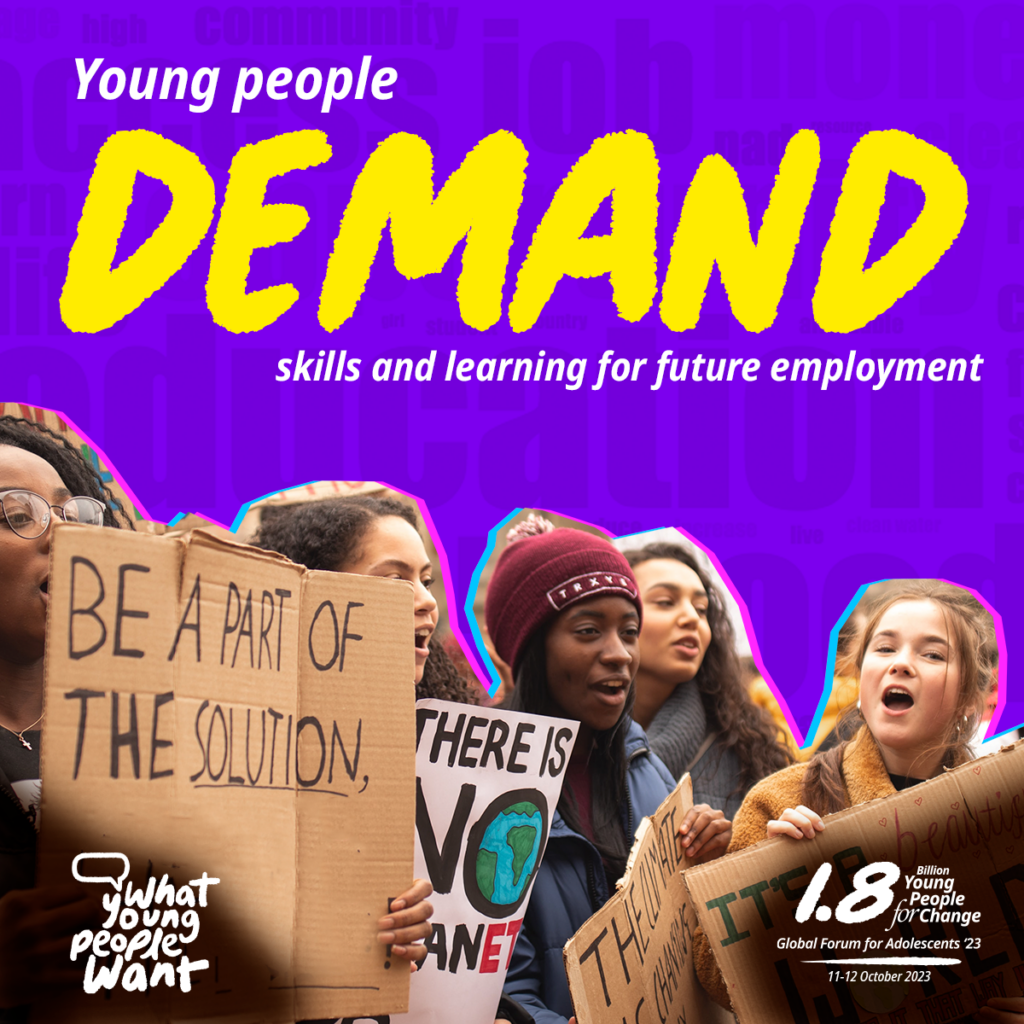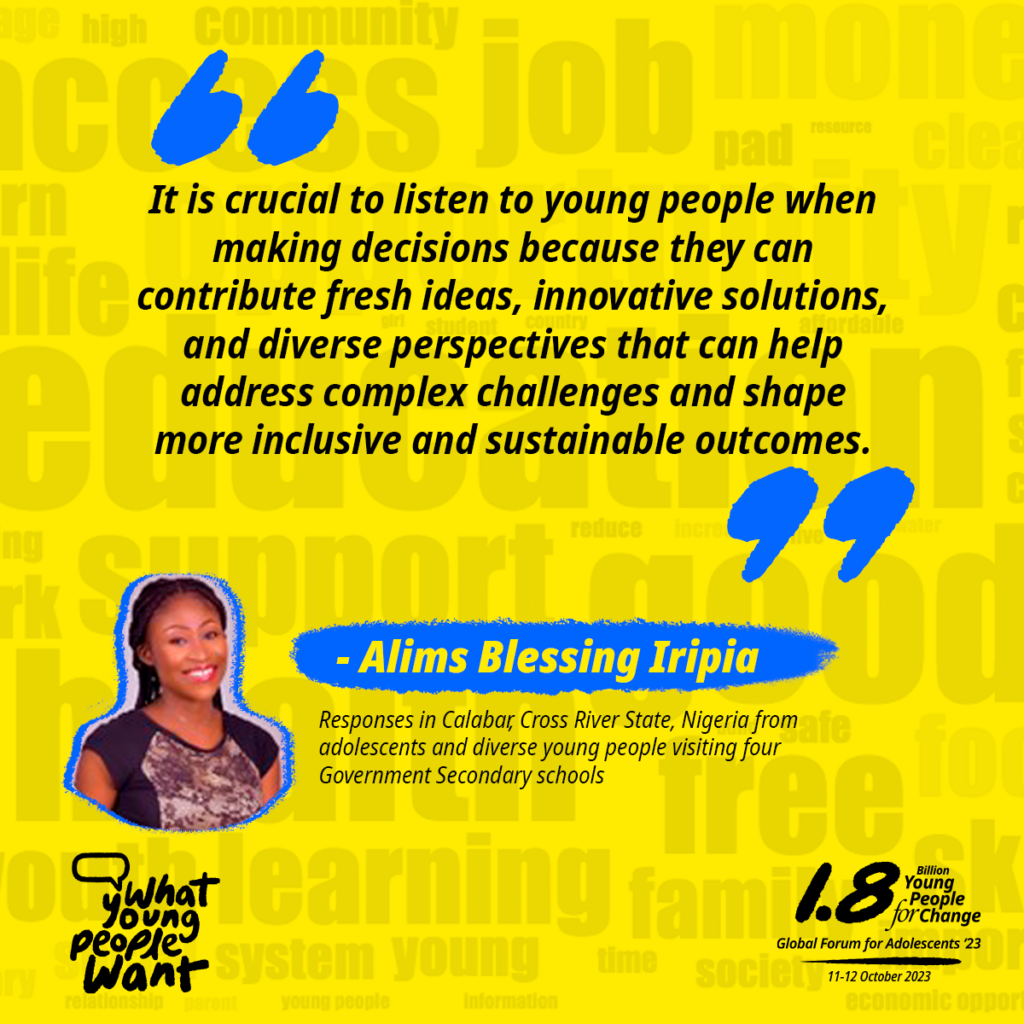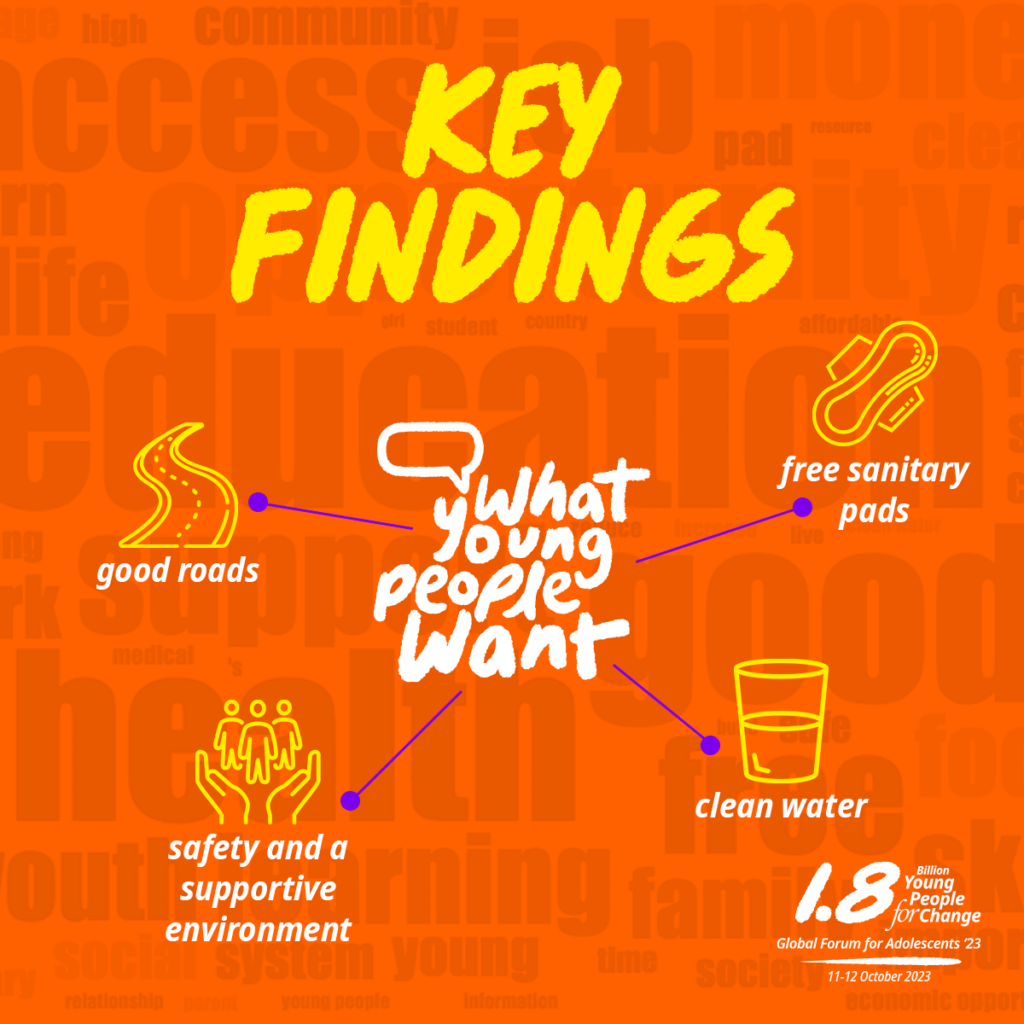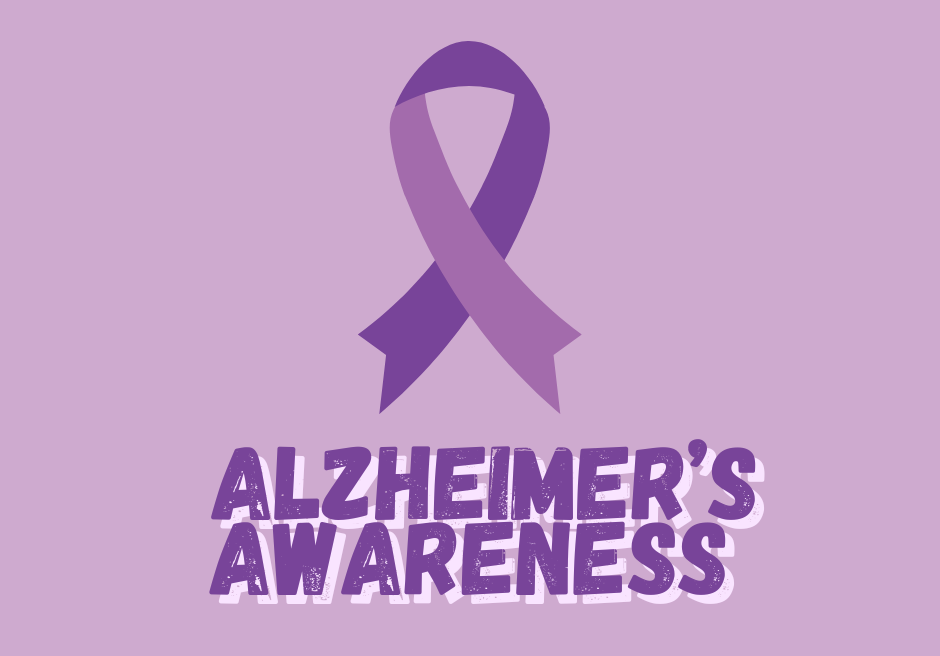For Meg Zeenat Wamithi, a young global mental health leader, her mental health battles started when she was just 13 years old. At the time, no one knew what she was experiencing. She describes mental health as a “silent killer” and emphasizes that “no one really knows the silent battles that others are facing.”
Despite being diagnosed with depression, anxiety, anorexia, and paranoia, Meg unfortunately did not receive the support she needed. Her first suicide attempt happened at 14, her second at 16, and her final and most recent attempt took place on her 20th birthday. It took three attempts at taking her own life before Meg was provided sufficient services and support, leading her to feel like “one of the lucky ones.”
She now proclaims herself “a proud navigator of Borderline Personality Disorder.” Meg’s own experience led to her dedication toward improving the mental health of young people around the globe. She urges other young people to amplify their voices, utilize their personal stories and realize the power they carry, and understand that it is okay to not be okay.
Meg was the first of multiple young speakers during the panel “Youth Leaders Break the Silence on Mental Health” at the Global Forum for Adolescents earlier this month. In Vietnam, Viet Trinh, a young man who founded and organized an LGBTQ+ mental health forum, agrees with Meg on how important it is for youth with lived experiences to take a stand as a leader. Viet considers his position at the forefront of this movement a privilege and hopes that he can help others get empowered enough to take action. Utilizing and understanding the power behind having a lived experience is key to making an impact.
Mental health affects people globally, and it is important to acknowledge how it may affect different populations in different ways. Sonia Rancho with the Pan American Health Association tells how in Indigenous cultures there is significant stigma surrounding mental health, due largely to a lack of understanding. Sonia explains that many Indigenous people relate mental health issues to dementia and other brain diseases. On top of an atmosphere of misinformation, Sonia explains that their health systems have very little coverage of mental health services, meaning individuals actually have to leave their community in order to receive help. She urges Indigenous communities to create policies regarding mental health, emphasizing that these populations are especially in need because they are more predisposed to negative mental health outcomes due to ongoing discrimination. Even something as simple as providing reliable information written in their native language would begin eliminating barriers to receiving proper support.
Similarly, Milagros Avizor, a representative of the Regional Mental Health Youth Network for Latin America, explains that there is also a huge contrast in different governments, with current leadership of his country unfortunately putting mental health aside. Avizor emphasizes that we need to give youth the ability to discuss mental health, rather than leave it as a blind spot.
Circumstances can also factor immensely into mental health outcomes, as well as trigger discussion. Julia Epstein, a 20–year–old from the National Institute of Youth in Argentina, brings to light how the pandemic has created a new paradigm to talk about mental health. With the negative mental impact that accompanied the pandemic for many people, an important discussion finally began in Argentina. They had their first Summit of Mental Health and implemented real interventions for individuals to utilize, such as a hotline with a skilled professional on the other end. While discussion and services go a long way, Epstein reminds us that we must look at the root of this issue. The pandemic brought additional battles for people that directly impacted and continue to impact mental health. She emphasizes that “if we don’t solve the problem of unemployment and housing, we can’t solve mental health.” Getting youth involved is of utmost importance.
Seika Brown, a student and the founder of Young Leaders Group Research Initiative, took to the panel spotlight to remind everyone that there are so many young people out there that are asking for you to pay attention to them. She revealed that her current research findings show that every country is talking about mental health to some degree, meaning this is a current issue experienced across the world, yet it has been repeatedly ignored. So, who are the people spearheading this conversation? Young people.
Unfortunately, a large amount of stigma surrounding mental health falls along generational lines. David Johnson — president and founder of “Let’s Unpack It” — offers some general solutions and introduces steps that have already been taken in the Caribbean. Johnson’s first solution is to better facilitate intergenerational conversation. Essentially, the world has moved on to a place where we can finally speak about things that have always been dealt with. Another solution is building hope and developing self advocacy through self education. All young people should get to activate their mental health and experience it as a universal right. It’s not just for a certain population. This involves making services and support more accessible, such as making space in schools for mental health discussion. Additionally, Johnson pushes for the importance of youth inclusion. He explains that they are currently developing the Mental Health Focal Point Network as a way to bring young people from 17 Caribbean nations together to discuss solutions. 
According to WHO, poor mental health outcomes affect 1 in 7 young people globally. It’s time we get all countries and communities on board with consistent mental health discussion, explore ways to improve services around the globe, and work to eliminate predisposing factors for negative mental health outcomes.




















